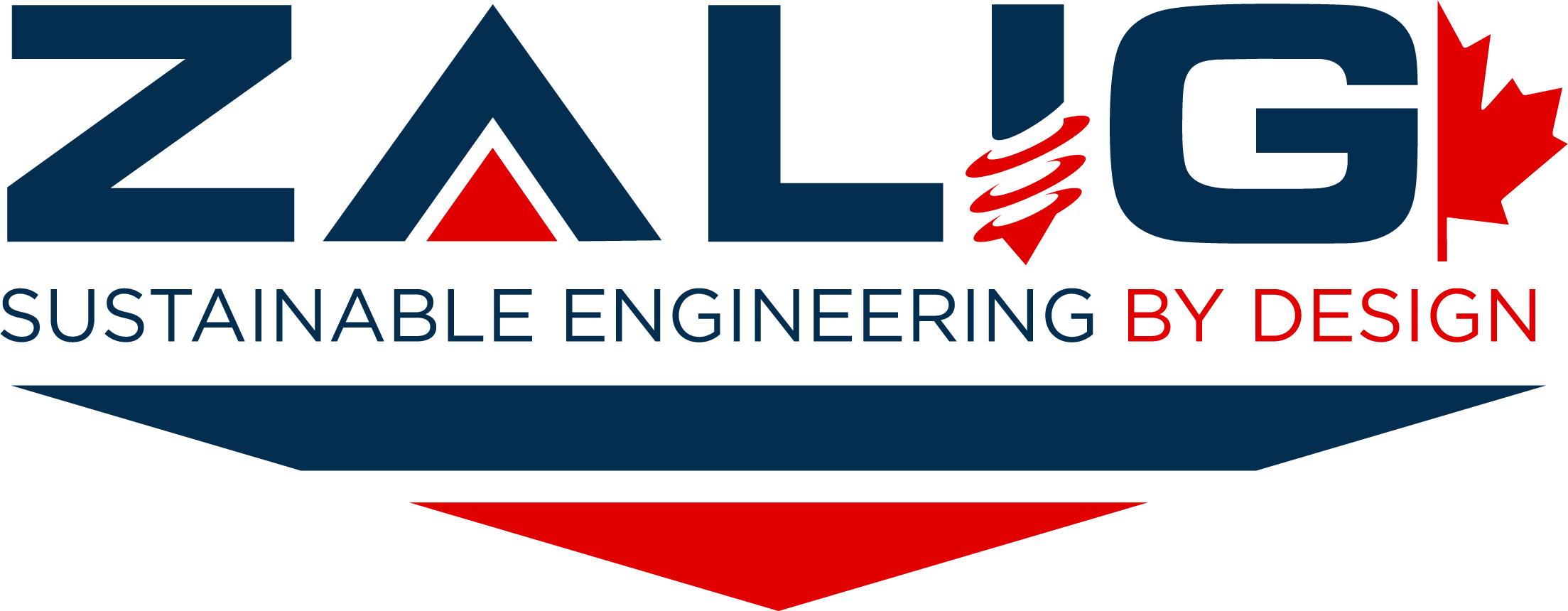- Pore Water Pressure
- Pore Water Pressure
Pore water pressure refers to the pressure of water within the pores or voids of a soil or rock mass. It is an important factor in the stability and behavior of soil and rock masses, and it can have significant impacts on structures built on or near them.
Pore water pressure can be either positive or negative, depending on the balance between the water pressure and the overlying soil or rock weight. When the water pressure exceeds the soil weight, the pore water pressure is positive, which can cause the soil or rock to expand and potentially lead to instability. On the other hand, when the soil weight exceeds the water pressure, the pore water pressure is negative, which can cause the soil or rock to consolidate and potentially lead to instability.
The pore water pressure can be affected by a variety of factors, including the amount of water in the soil, the permeability of the soil, and the degree of compaction. It can also be affected by external factors such as changes in temperature and humidity, which can cause the soil to expand or contract.
The impacts of pore water pressure on structures can be significant. Positive pore water pressure can cause soil to expand, which can lead to settlement or heave of the structure. Negative pore water pressure can cause soil to consolidate, which can lead to the structure settling or sinking. In extreme cases, pore water pressure can cause soil to fail completely, leading to landslides or other catastrophic failures.
To mitigate the impacts of pore water pressure on structures, it is important to carefully assess the soil and water conditions at the construction site and to design the structure to account for the potential impacts of pore water pressure. This may involve using special foundation designs or other measures to ensure the stability of the structure.
In summary, pore water pressure is an important factor in the analysis and design of structures that are built on or in soil. Positive pore water pressure can cause soil erosion and landslides, and it can increase the lateral loads on structures. Negative pore water pressure can cause soil to become more dense and compact, which can increase the bearing capacity of the soil. The impacts of pore water pressure on structures depend on the type and magnitude of the pore water pressure, as well as the properties of the soil and the design of the structure.
At ZALIG, we offer a wide range of quality geotechnical, environmental, material testing, transport, survey and hydro-technical engineering services to clients in both the public and private sectors. Operating from our base in Western Canada, our industry-leading experts set the pace in various geotechnical, environmental, and construction service markets. If you need geotechnical engineering services in Alberta, we've got you covered! Get in touch with us today and let's talk about your project!
